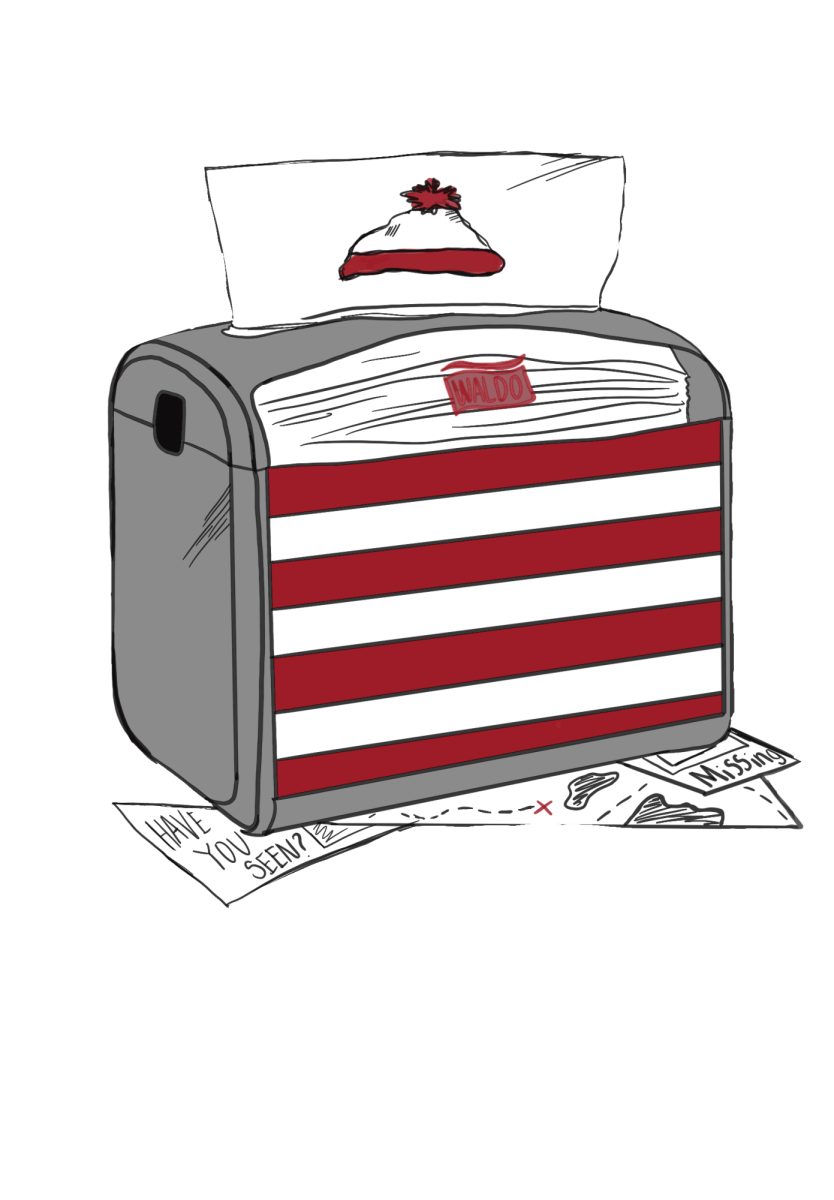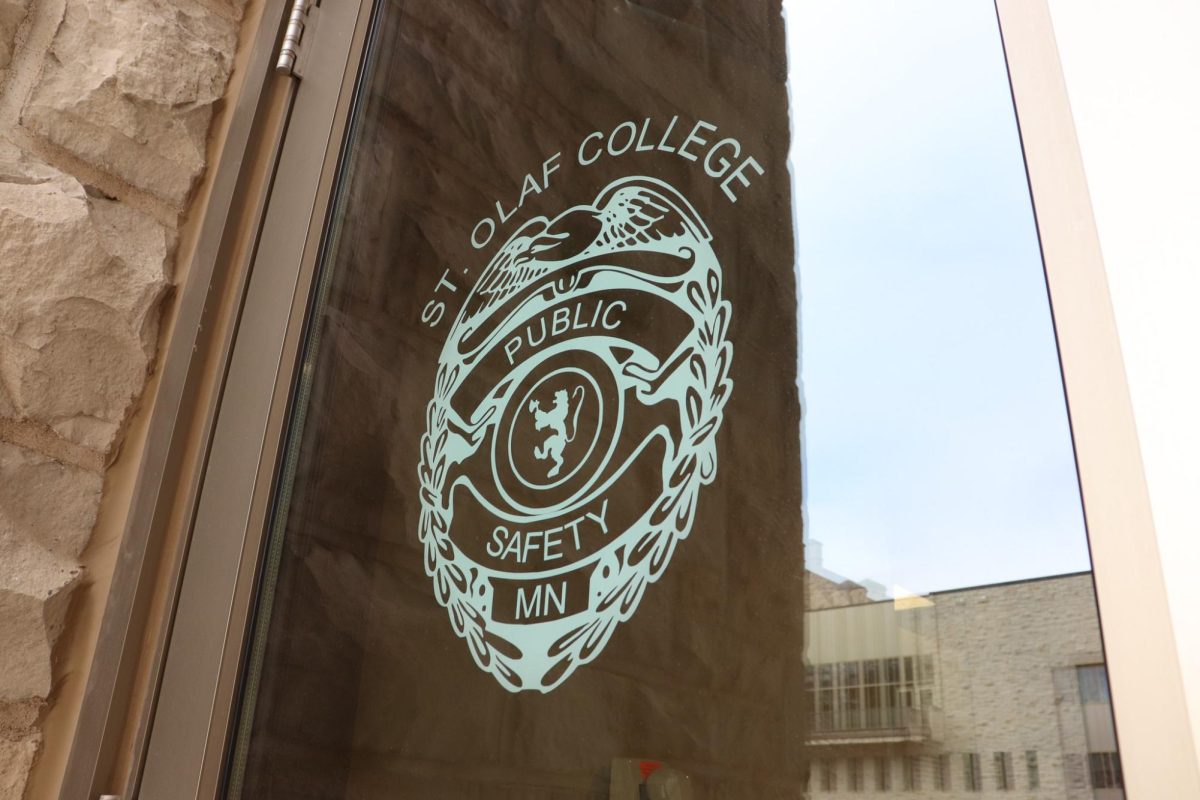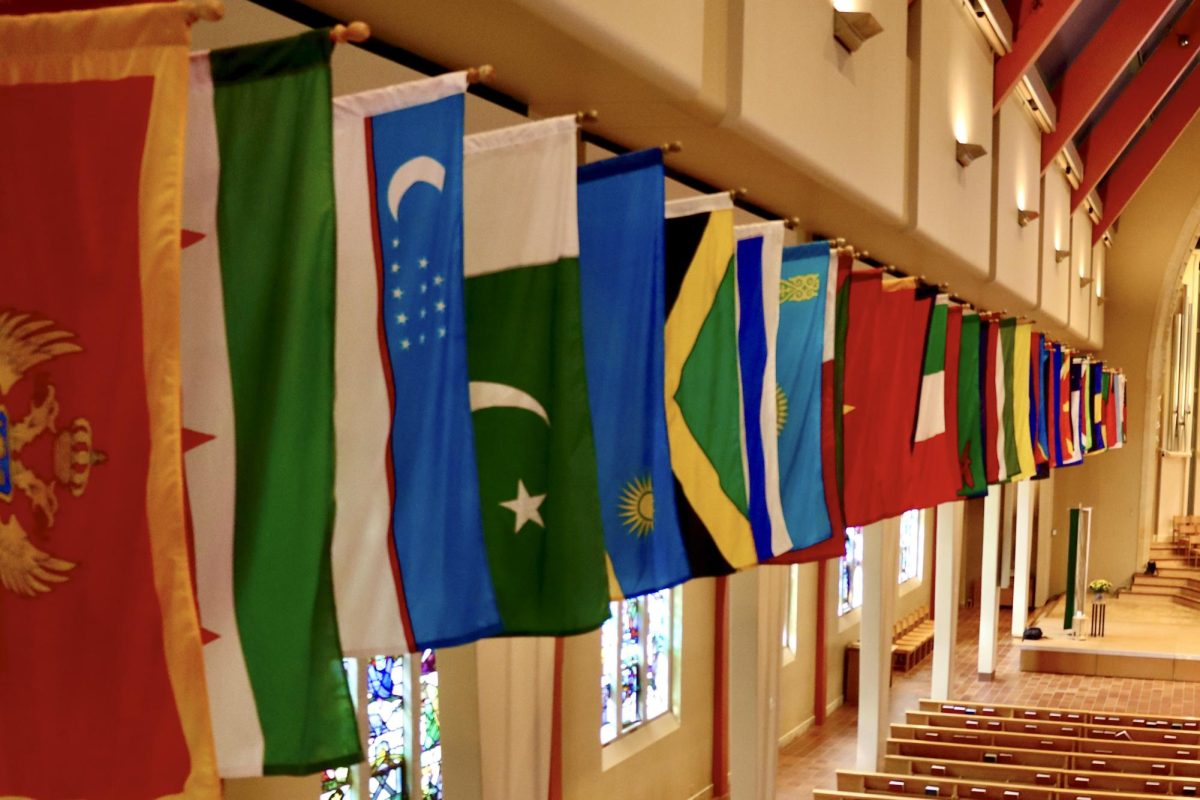E
very four years, presidential election season rolls back around, bringing with it both political chaos and excitement. Since 2004, it has also brought about an Interim trip to New Hampshire led by Professor of Political Science Dan Hofrenning.
This year, 20 St. Olaf students accompanied Hofrenning to Manchester, N.H. in order to live, breathe and sleep politics. They worked on campaigns for Hillary Clinton, Bernie Sanders, Martin O’Malley and Marco Rubio. According to Hofrenning, the goal of the course is to “combine the academic study of the American process of nominating presidents with the experience of observing candidates and working in a campaign.”
Phone calling, door knocking, volunteer recruitment, campaign rallies, stump speeches and town hall meetings characterized the experiential aspect of the trip, while morning class, blogging for the Star Tribune, writing journals and reading textbooks characterized the academic side.
Why New Hampshire, one might ask? The state holds an important position in presidential primary elections because it holds the first primary of the season and thus can be a critical “make or break” moment for a campaign. Victories and losses coming out of New Hampshire can shape a campaign’s momentum for the remainder of the primary season.
“For a long time, no one became President without first winning the New Hampshire primary,” Hofrenning said in a blog post for the Star Tribune.
Will Seabrook ’16 describes New Hampshire voters as “indecisive and proud.”
“They often would boast in your face that they didn’t have to tell me who they were voting for and proceed to shut the door in my face,” Seabrook said.
He was not alone in that experience. Rhea Rajan ’18 worked long hours for Martin O’Malley’s campaign, going into the office at 10:30 a.m. every morning and working until 8 p.m., even on the weekends. She recalls “call time,” which lasted for three hours every night. In that time, the campaign staff would each make around 200 calls. With a 15 percent contact rate, Rajan says it was “a pretty inefficient method.”
Despite the long hours and freezing cold days knocking on doors, the students got a lot out of the experience. Eden Faure ’17 noted that she became “more receptive to other ideas” by engaging with and critically thinking about other candidates platforms while working for the Bernie Sanders campaign. Seabrook commented on the people he met in New Hampshire “who have been in this process for their whole life and are not even bothered by the aspect that strangers will flock to their door ready to preach to them about a certain candidate.”
Everyone took different experiences out of the process. Faure recalls her two favorite moments of the trip, the first of which was shaking Sanders’ hand. She was thrilled “to actually get to meet him and have him say thank you for all you’re doing.” The second, which she described as representing “the entire New Hampshire experience,” was the morning when she went to the hotel lobby and heard Ted Cruz’s voice. Thinking it was coming from a television screen, she looked around and locked eyes with Cruz himself. This kind of incident wasn’t unusual in the day-to-day retail politics atmosphere of New Hampshire, where the candidates were constantly touring the state.
Rajan reminisced on the many Martin O’Malley stump speeches she heard during her time in New Hampshire.
“We were quoting what he would say before he said it,” she said.
This program took political science students away from the theory they hear in class and read in textbooks and plunged them into the depths of the intense process of campaigning in New Hampshire. In another four years, it will hopefully do the same with another group of St. Olaf students.





